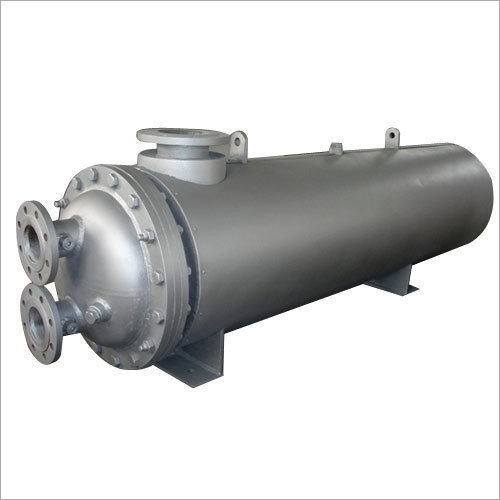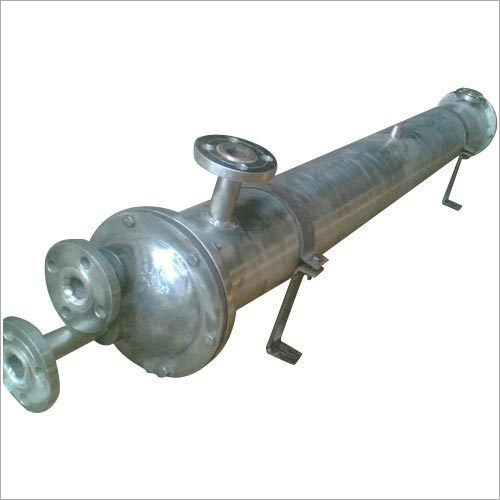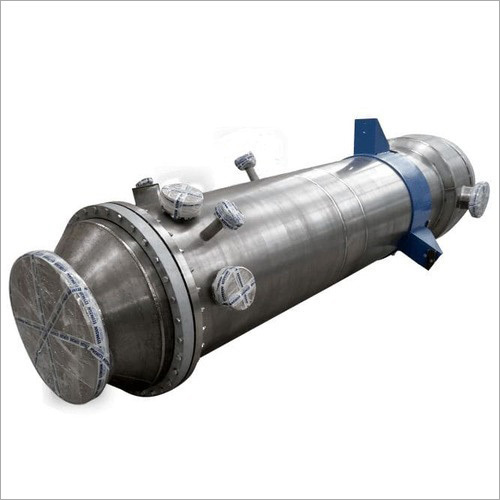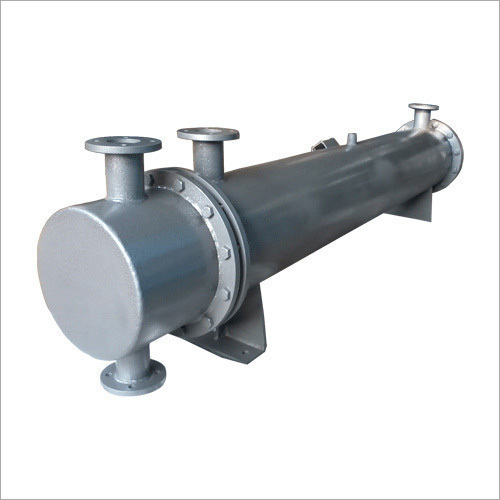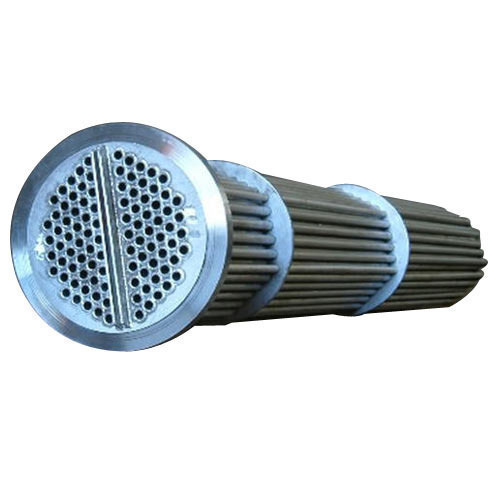Oil Heat Exchanger
Product Details:
- Number of Pipe 3
- Condition New
- Voltage 220-440 Volt (v)
- Click to View more
Oil Heat Exchanger Price And Quantity
- 1 Unit
Oil Heat Exchanger Product Specifications
- 3
- 220-440 Volt (v)
- New
Oil Heat Exchanger Trade Information
- Cash Advance (CA)
- 1 Week
- As per requirement
- All India
Product Description
A small device called an oil heat exchanger is used to effectively transfer heat between oil and a cooling medium like air or water. For optimum performance, it has a design that maximises heat transfer surface area. In order to avoid overheating and maintain the dependability of the equipment, the heat exchanger keeps the oil temperature within a desired range. Benefits include increased safety, decreased maintenance costs, increased system efficiency, and prolonged component life. It supports a stable working environment, inhibits oil degradation, and reduces wear on components by effectively cooling the oil. In industrial machinery, power generation, automotive, and other applications where efficient oil cooling is crucial for optimum performance, oil heat exchangers are frequently utilised.
An oil heat exchanger has the following characteristics and advantages:
Features of Oil Heat Exchanger:
1. Heat Transfer Surface: To effectively transfer heat between the oil and the cooling medium, the heat exchanger is made up of a number of tubes or plates with a large surface area.
2. Oil Flow Path: The plan makes sure that the oil flows as it should, enabling it to reach close to the heat-transfer surface for effective heat exchange.
3. To maximise heat dissipation, the heat exchanger includes a separate flow path for the cooling medium, such as air or water.
4. Compact Design: Oil heat exchangers frequently have small, light designs that make them simple to install and integrate into a variety of systems.
5. Materials: To ensure longevity and corrosion resistance, heat exchangers are built from materials that are compatible with oil, such as copper, aluminium, or stainless steel.
Benefits of Oil Heat Exchanger:
1. Efficiency in Heat Transfer: An oil heat exchanger's key advantage is its effectiveness in transferring heat from the oil to the cooling medium. This keeps the oil at the proper temperature and prevents overheating.
2. Extended Equipment Life: The heat exchanger helps extend the life of parts like bearings, seals, and valves by managing the oil temperature, lowering the danger of premature wear and enhancing system reliability.
3. Greater System Performance: Maintaining a consistent oil viscosity and temperature results in greater system performance, decreased friction, and increased energy efficiency.
4. Reduced Maintenance Costs: Effective oil cooling aids in preventing oil deterioration and the development of dangerous impurities, decreasing the need for frequent oil changes and the associated maintenance costs.
5. Safety and Reliability: An oil heat exchanger offers a safer operating environment by preventing oil overheating, reducing the possibility of equipment failure, leaks, and other safety issues.
All things considered, an oil heat exchanger is essential for controlling oil temperature, increasing equipment life, enhancing system efficiency, lowering maintenance costs, and assuring a safe and dependable operation in a variety of industrial applications.
Other Detail:
Gray
Material : Metal
Application: Hydraulic and Industrial Process,Pharmaceutical industry
Finishing: Polished
Product details
| Brand | Chamunda |
| Material | Metal |
| Surface type | Coated |
| Medium Used | Oil |

Price:
- 50
- 100
- 200
- 250
- 500
- 1000+

